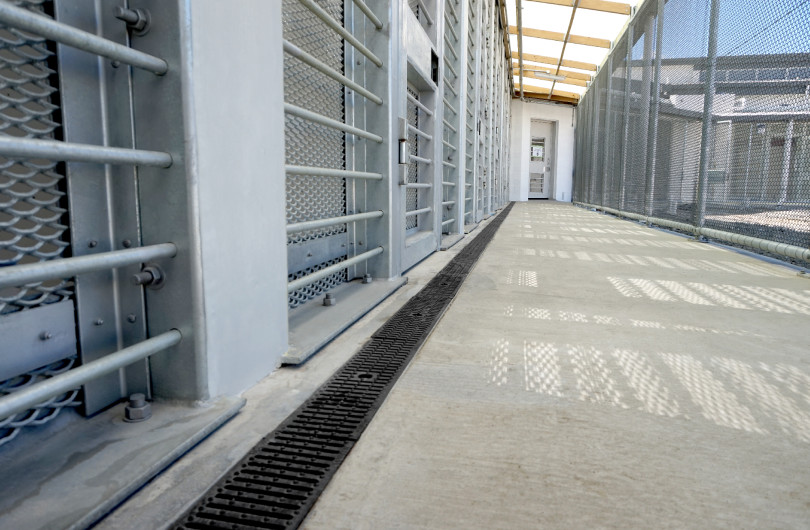It was a major player who until the announcement had been a very good payer, but I know the news will be worse than just the last month's invoicing. As it transpires, 65% of the debt we are owed is in retentions. With the total sum just shy of six figures, that is a lot of money.
Why does our industry continue to run the concept of retentions? Is there any other industry that runs such a practice?
The margins for subcontractors in construction are under continual attack, fostered by a tender-driven industry where the lowest price will usually get the work, and that price is not always being arrived at by the brightest bulb in the chandelier. Retentions are often equal to or greater than the eventual net profit on the job, so the subby can wait for up to 12 months after completing the work before collecting the payment that ends up on the plus side of the ledger. The held retentions, meanwhile, generate no interest, and are merely an unsecured loan by those who can least afford it to those who don’t need it, but who would turn their nose up at a 12 month, interest-free loan that can run into the hundreds of thousands?
The argument for retentions is one about “keeping the players honest”. If there is a failure in the product over the retention period, then the held funds are available to the client to remedy said failure. This financial assurance comes on top of the required warranty, producer statements and the Consumer Guarantees Act, all of which are legal instruments designed to protect the consumer. Retentions offer a contractual guarantee, but there seems to be no requirement for the main contractor to ring-fence the funds so that they are available for the payment of a claim, nor are they protected funds for the subcontractors whose money is being held.
This is not the first time this has happened to my business, although it is the biggest for a while. Can I get away with a blanket refusal to enter into the retentions section of a contract? As a single player, I would probably lose work, and work is hard enough to come by. Perhaps I should level the playing field by entering into an agreement with everyone else in my subtrade that we don’t accept the retention clause. Would that be legal?
A safer bet would be for the government to legislate that retentions be held in secure trust accounts, away from the clutches of cash-strapped business owners and rapacious receivers. In the event of a company collapse, the funds are available for payout to those who have earned them, and not part of the payout made to secured creditors such as banks and related trusts set up to ensure that owners walk away with whatever cash the bank might not be able to claim.
Here’s what I think I might do: my quote will be exclusive of retentions. If retentions form part of the contract, then the retention value is to be added to my price. At the end of the retention period, retentions are released, and rebated to the main contractor. The client has paid more for the contract, but with the assurance that they have access to the retention fund if required. The main contractor may choose to negotiate a return of the retention fund to the client or hold the funds themselves, factoring it into their profit margin.
If that smacks of bribery and corruption, try sitting where I am right now. My money has been washed into the current account of a failing business, and I have no say in it whatsoever. We did our job, we did it well, and there was no claim against retentions or guarantee. In fact, in the last 20 years that I have run this business we have never had a claim against retentions, and any guarantee work has been carried out promptly and willingly without threat of withholding of retentions.
From where I sit, it’s an interest-free loan to construction companies, and it’s redundant. And it’s time we did something to fix it.
Next time you buy a car, see how you get on when you suggest that, as well as the three-year warranty and free servicing, you keep 10% of the purchase price, interest free, for a year, just to be on the safe side. You will pay it back as long as they ask for it, nicely, in writing, with documented proof that they are entitled to it. You will be laughed off the forecourt.




























 Most Popular
Most Popular Popular Products
Popular Products



